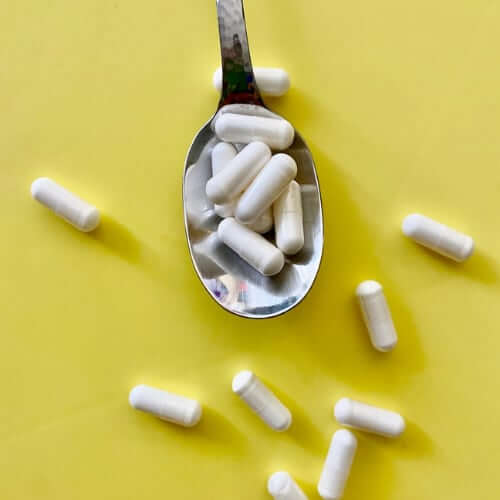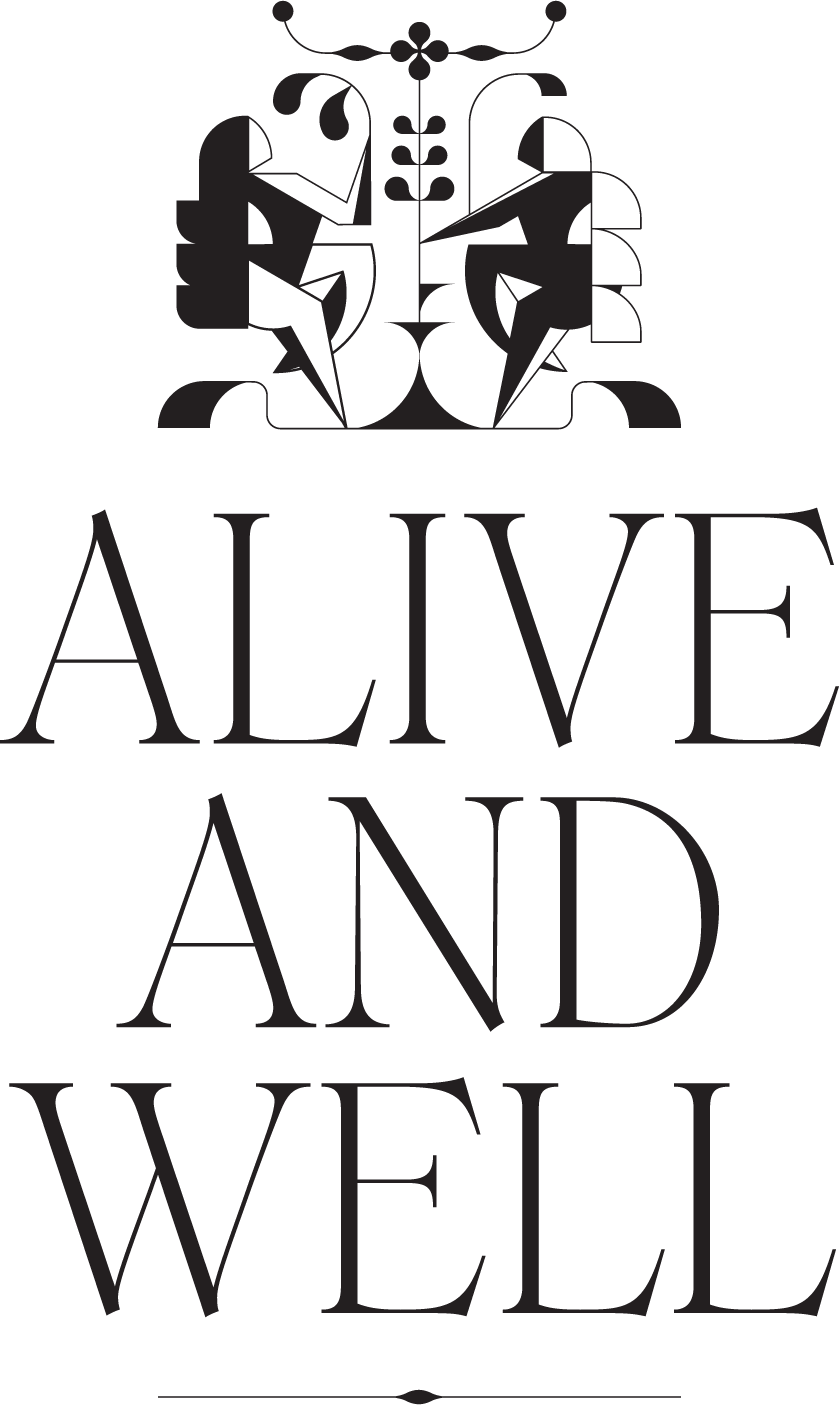When it comes to achieving and maintaining optimal health, there are plenty of different acronyms that you may have heard—GMOs, BPA-free, organic. But one acronym you might not be as familiar with is GSH: Glutathione. This powerful antioxidant protects our cells from oxidative stress and environmental toxins, which can lead to many degenerative diseases, including cancer. We will explore the various benefits of glutathione, why it has earned its title as “the master of antioxidants,” and how we can maximize its power for improved wellness.
How to Take Glutathione Effectively
Taking glutathione requires careful consideration of dosage, timing, and absorption factors. The recommended dosage of glutathione can vary depending on individual needs and health conditions, so it’s essential to consult a healthcare professional for personalized guidance.
Timing and frequency of intake are equally crucial, as some studies suggest that dividing doses throughout the day may lead to better results. Additionally, considering factors that enhance absorption, such as consuming it with vitamin C or liposomal form, can further maximize its efficacy.
Common Side Effects of Glutathione
While glutathione is generally well-tolerated by most individuals, some may experience mild side effects. Common side effects of glutathione supplementation include gastrointestinal discomfort, such as bloating, nausea, or diarrhea. These rare side effects occur at higher doses or in individuals with existing gastrointestinal sensitivities. If you encounter any discomfort while taking glutathione, it’s advisable to consult a healthcare professional to discuss potential adjustments to the dosage or formulation.
Additionally, choosing reputable brands and following recommended dosing guidelines can help mitigate the likelihood of experiencing adverse effects. Remember that individual responses to supplements may vary, so always prioritize your well-being and seek professional advice when needed.
Glutathione Versus Glutamine
Glutathione and glutamine are two essential compounds with distinct roles in the body. While glutathione is a powerful antioxidant responsible for neutralizing harmful free radicals and supporting various cellular functions, glutamine is an amino acid building block for proteins. It contributes to immune function and gut health. Understanding the differences between these compounds is crucial to appreciate their unique benefits and applications in promoting overall wellness.
While glutathione aids in detoxification and combating oxidative stress, glutamine plays a vital role in tissue repair and maintaining the integrity of the digestive system. Both compounds are essential to our health, but their functions and applications differ significantly.
Methods of Taking Glutathione
There are various methods of taking glutathione, each with advantages and considerations. Standard intake methods include pills, intravenous (IV) administration, injections, patches, and topical creams. While pills and IV administration are popular choices for oral and direct absorption, some prefer injections for targeted delivery. Patches offer a convenient and slow-release option.
Additionally, glutathione cream has gained attention due to its potential to deliver glutathione directly to the skin, benefiting localized issues like skin lightening or reducing the appearance of dark spots. However, it’s essential to note that the effectiveness of glutathione cream may vary depending on individual skin types and conditions. As with any glutathione supplementation, consulting with a healthcare professional is advisable to determine the most suitable method based on personal health goals and needs.
Precautions and Things to Avoid While Taking Glutathione
When taking glutathione supplements, being aware of potential interactions or contraindications with other substances is essential. Certain substances can decrease the efficacy of glutathione in the body, including alcohol, acetaminophen, acetone, heavy metals, nitrates, food preservatives, aspartame, synthetic food dyes, and cigarette smoke. To achieve optimal results, avoiding these substances while supplementing with glutathione is advisable.
Adopting a healthy lifestyle, including a balanced diet, regular exercise, and stress management, can further support the body’s natural production and utilization of glutathione. By being mindful of potential interactions and making positive lifestyle choices, individuals can maximize the benefits of glutathione and enhance their overall well-being. Consulting with a healthcare professional is vital to ensure any supplement’s safe and effective use.
Check Out More Antioxidant Options With Alive and Well
Glutathione emerges as a potent antioxidant supplement with numerous benefits for optimal wellness. Whether taken through pills, IV administration, or in cream form, this powerful compound offers immune support and combats oxidative stress. However, individuals should be cautious of potential interactions with certain substances and prioritize a healthy lifestyle to maximize the efficacy of glutathione intake.
With the added possibility of cream with glutathione, targeted applications, particularly in skincare, become viable, offering new avenues for reaping its benefits. Making informed choices and incorporating glutathione into our wellness routines pave the way for a healthier and more vibrant life.









